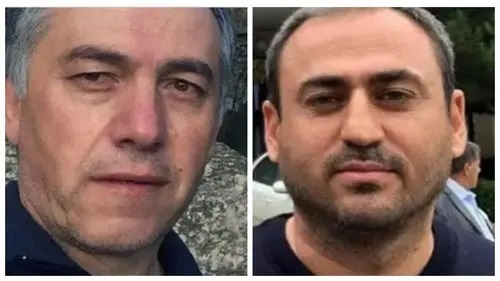Political prisoners Rustamov and Sadygov tell about consequences of hunger strikes in jail
The long-term hunger strikes held in prison had a negative impact on the health of the former Azerbaijani political prisoners Salekh Rustamov and Afghan Sadygov, who were released on May 28 under the pardon decree.
The "Caucasian Knot" has reported that on May 27, Azerbaijani President, Ilham Aliev, signed a decree to pardon 213 people. Among those pardoned are more than 20 persons from the list of political prisoners.
On May 28, the pardoning enforcement began; and the convicts were released. One of them, Salekh Rustamov, said that his early release became possible thanks to the active support of the society and political forces organized during his long hunger strike. Rustamov said that he was held in custody unreasonably; and he went on a hunger strike because "there were no other ways to achieve justice."
According to his story, "the hunger strike did not pass traceless." "I have memory problems; and there are disturbances in functioning of internal organs," Mr Rustamov has stated.
Afghan Sadygov, a journalist, has also noted that after many months of his hunger strike, he has not yet fully recovered.
He said that he had held his hunger strike for eight months. "I refused to eat; and they fed me through a catheter and made intravenous injections. This allowed me not to die, but it greatly undermined the functioning of my digestive organs and kidneys. I also had serious memory problems," Mr Sadygov has explained.
However, according to his story, the prison failed to his will. "I'll heal a little, and then returned to my journalistic work. I will do journalism, as before; for me there can be no censorship or self-censorship," Afghan Sadygov has stated.
This article was originally published on the Russian page of 24/7 Internet agency ‘Caucasian Knot’ on May 28, 2022 at 03:12 pm MSK. To access the full text of the article, click here.
Source: CK correspondent

